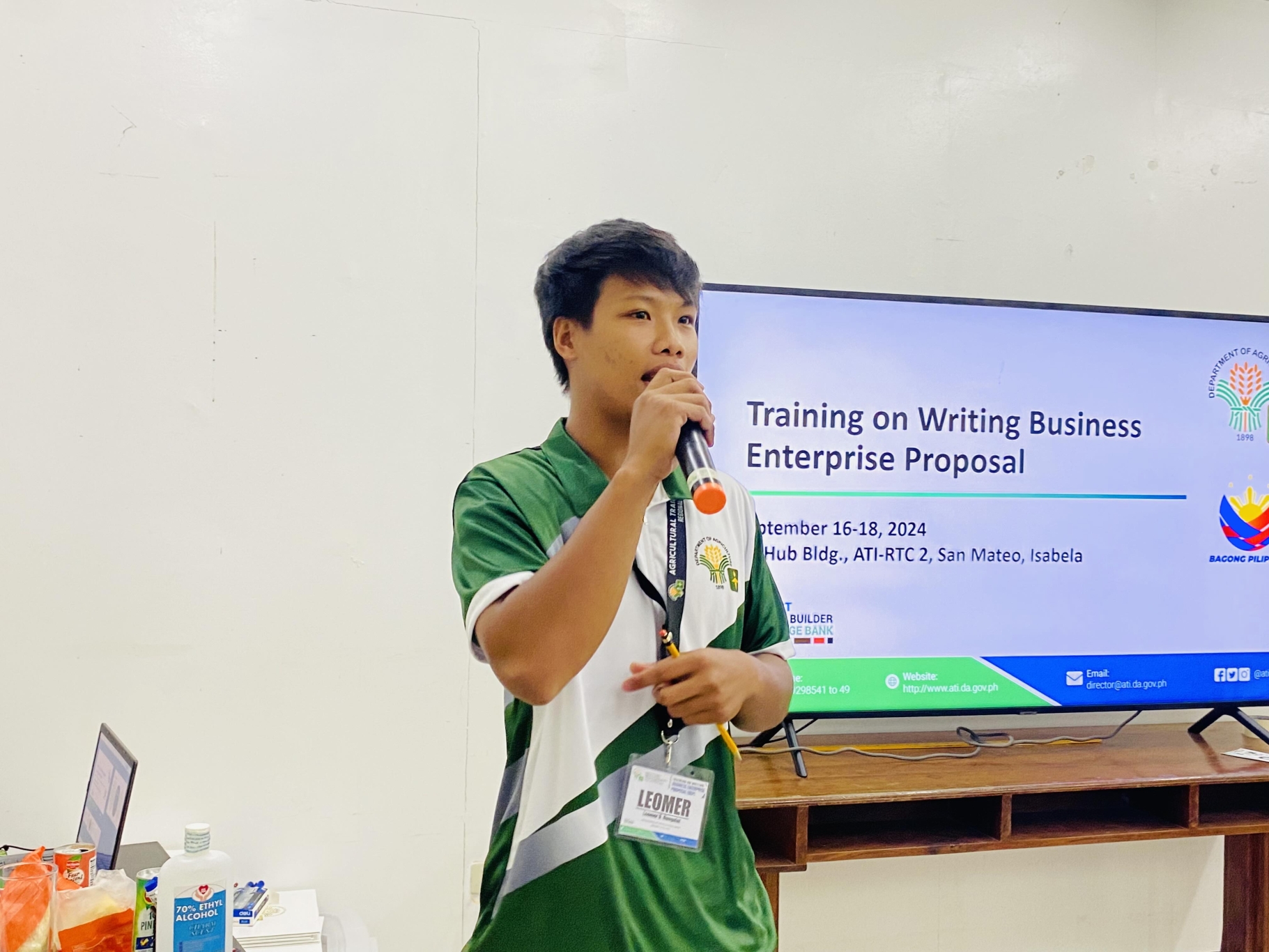“In this training, nadagdagan pa ‘yung knowledge at skills ko sa paggawa ng business proposal. This new learning po ay magagamit pa namin in the near future lalo na at nagbabalak kaming i-expand pa ang business na madi-develop namin… At masasabi kong napaka-worth it,” says Ms. Kayselyn Pancho, an intern from Tumauini, Isabela. Ms. Pancho is one of the 25 attendees during the conduct of the Training on Writing Business Enterprise Proposal at the Agricultural Training Institute - Regional Training Center 02 (ATI-RTC 02), Malasin, San Mateo, Isabela on September 16-18, 2024.
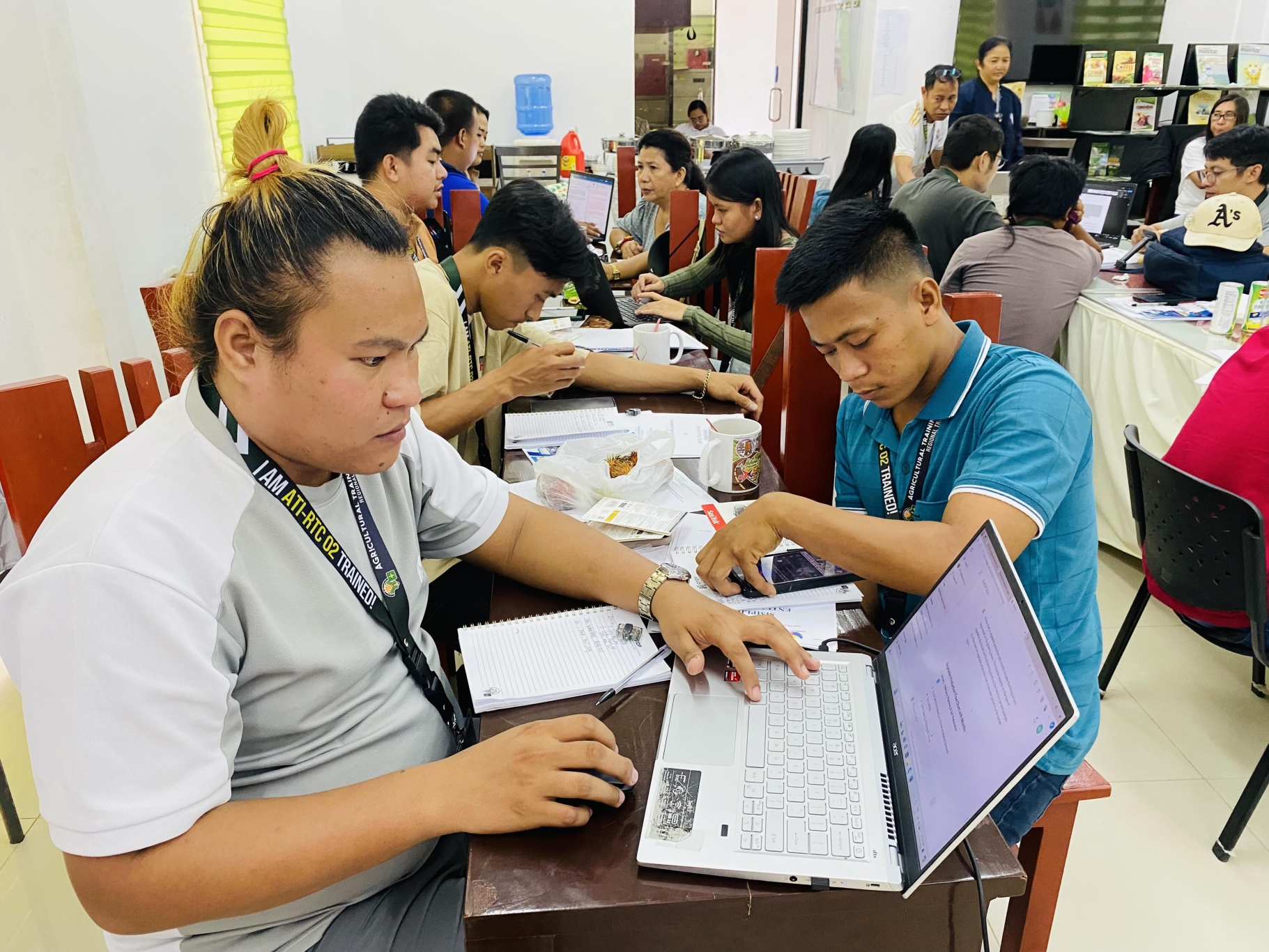
The Youth Internship Program on Organic Agriculture (YIPOA) is currently offered by the ATI-RTC 02. The 11 interns will receive start-up funding for their proposed open-access business or project.
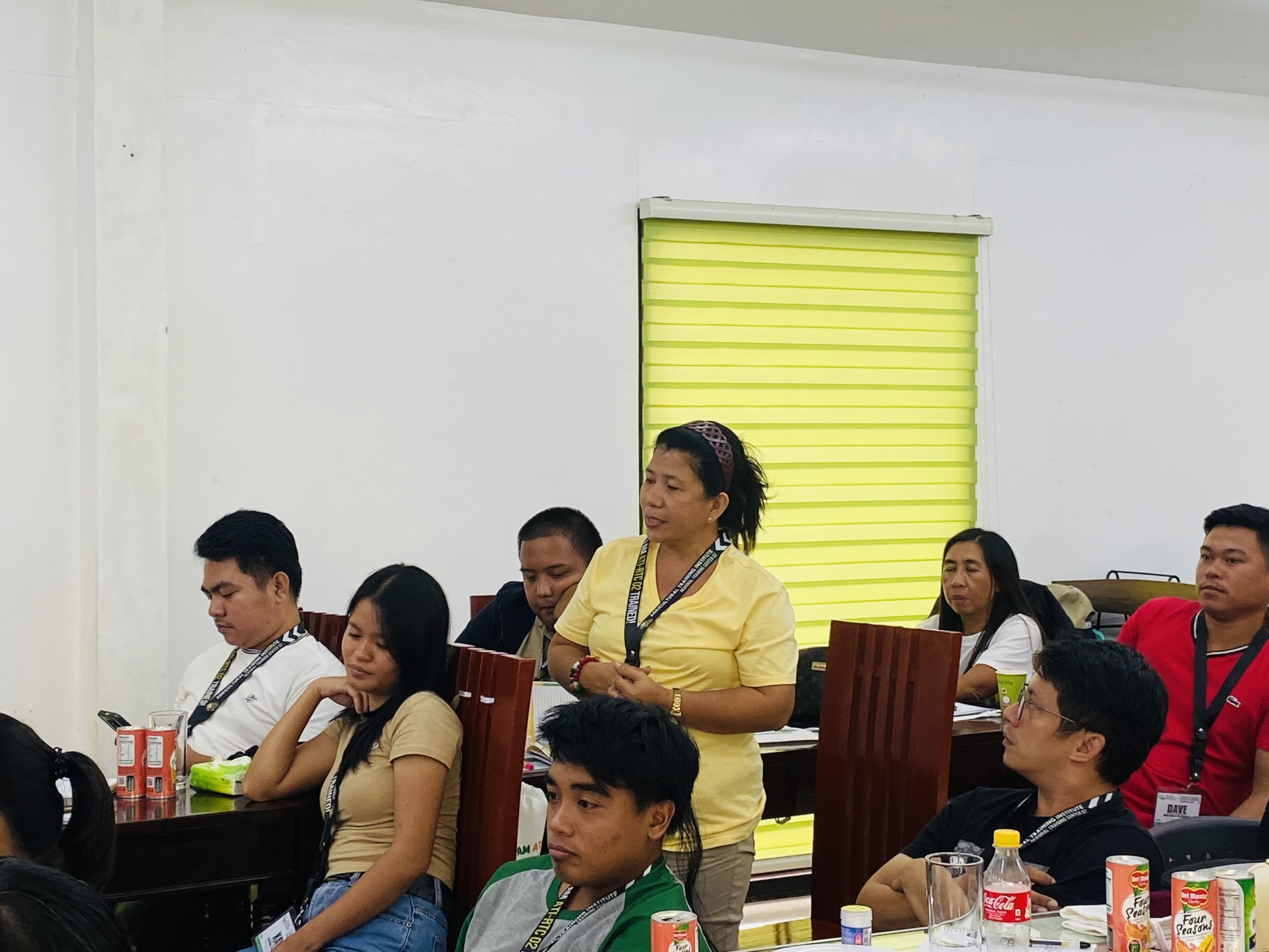
The 3-day training was attended by the 11 interns, 10 farm partners/representatives, and 4 AEWs.
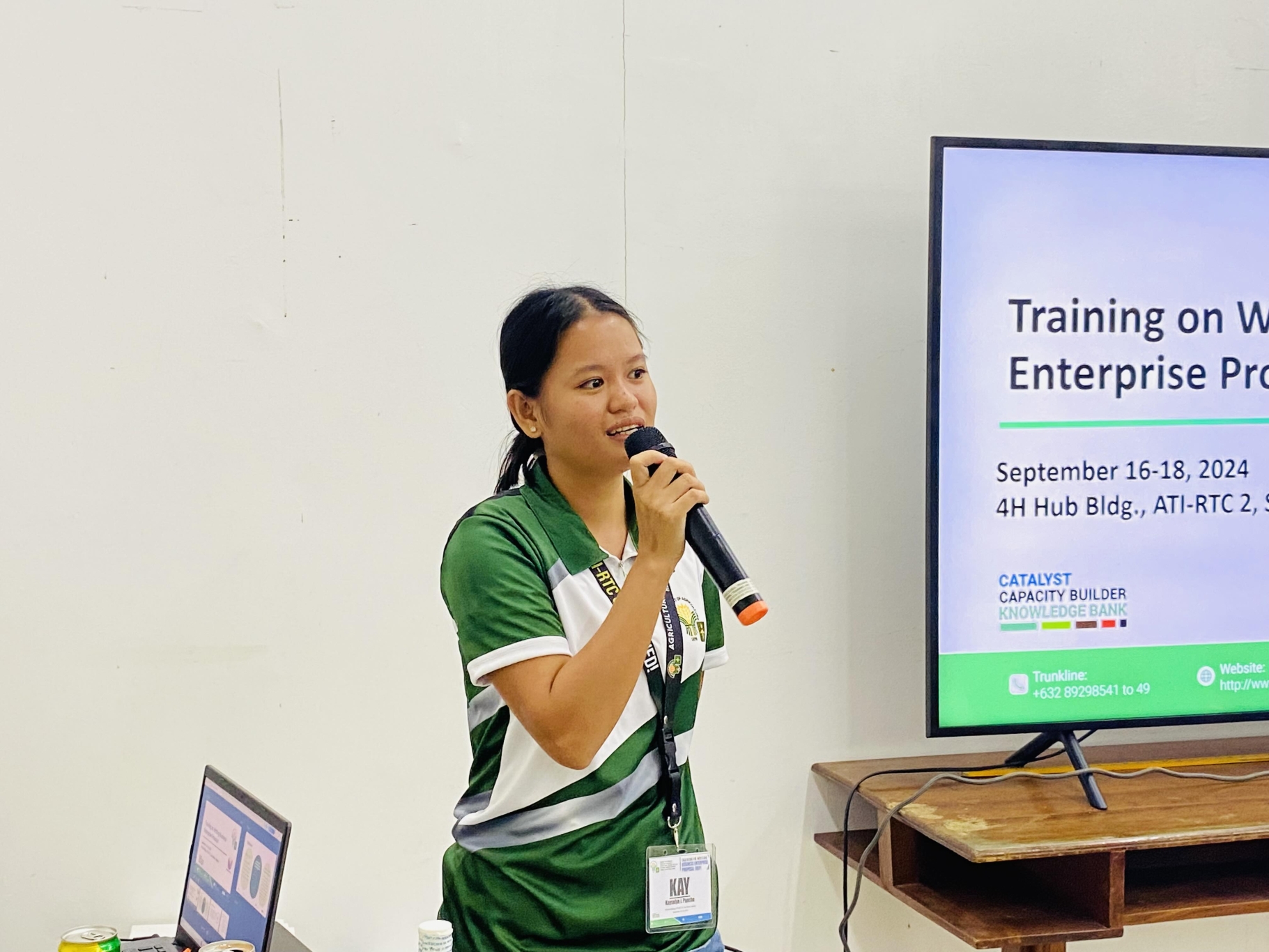
Meanwhile, Dr. Claris Marayag-Alaska, OIC-Center Director, and Ms. Mayflor R. Macmac, Planning Officer of the ATI-RTC 02 provided their inputs during the interns’ presentation of their plans and proposals. The comments and suggestions of the panellists will be used as an additional input to polish their proposals.
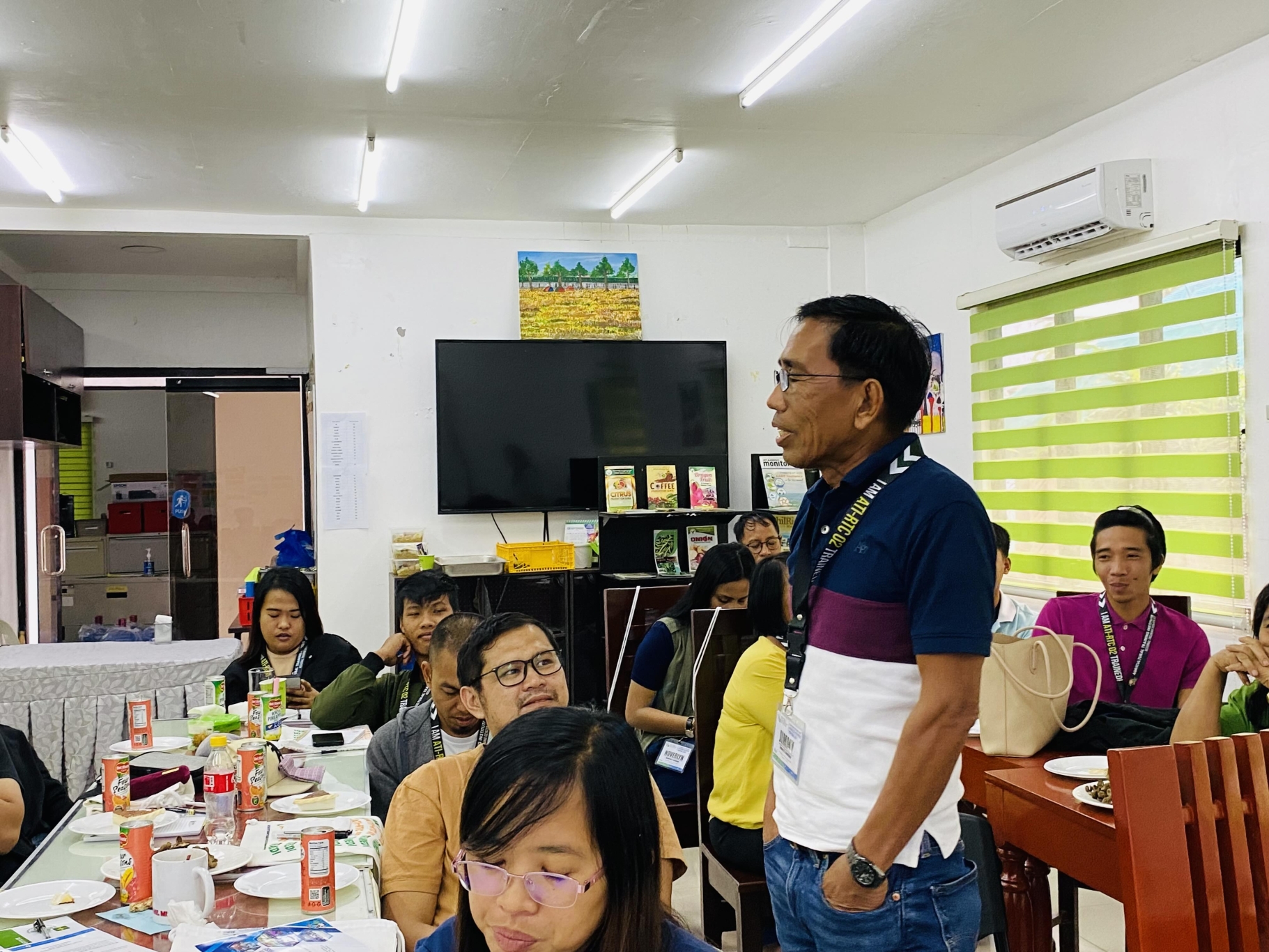
The ATI-RTC 02 conducted the training in order to improve the knowledge, attitudes, and skills of the interns, Agricultural Extension Workers, and farm partners offering assistance such as coaching and mentoring on enterprise development and to ensure viable and sustainable business enterprise operations of the Youth Interns. As mentioned by Ms. Pancho, the training is so important and she is thankful for the training she attended.
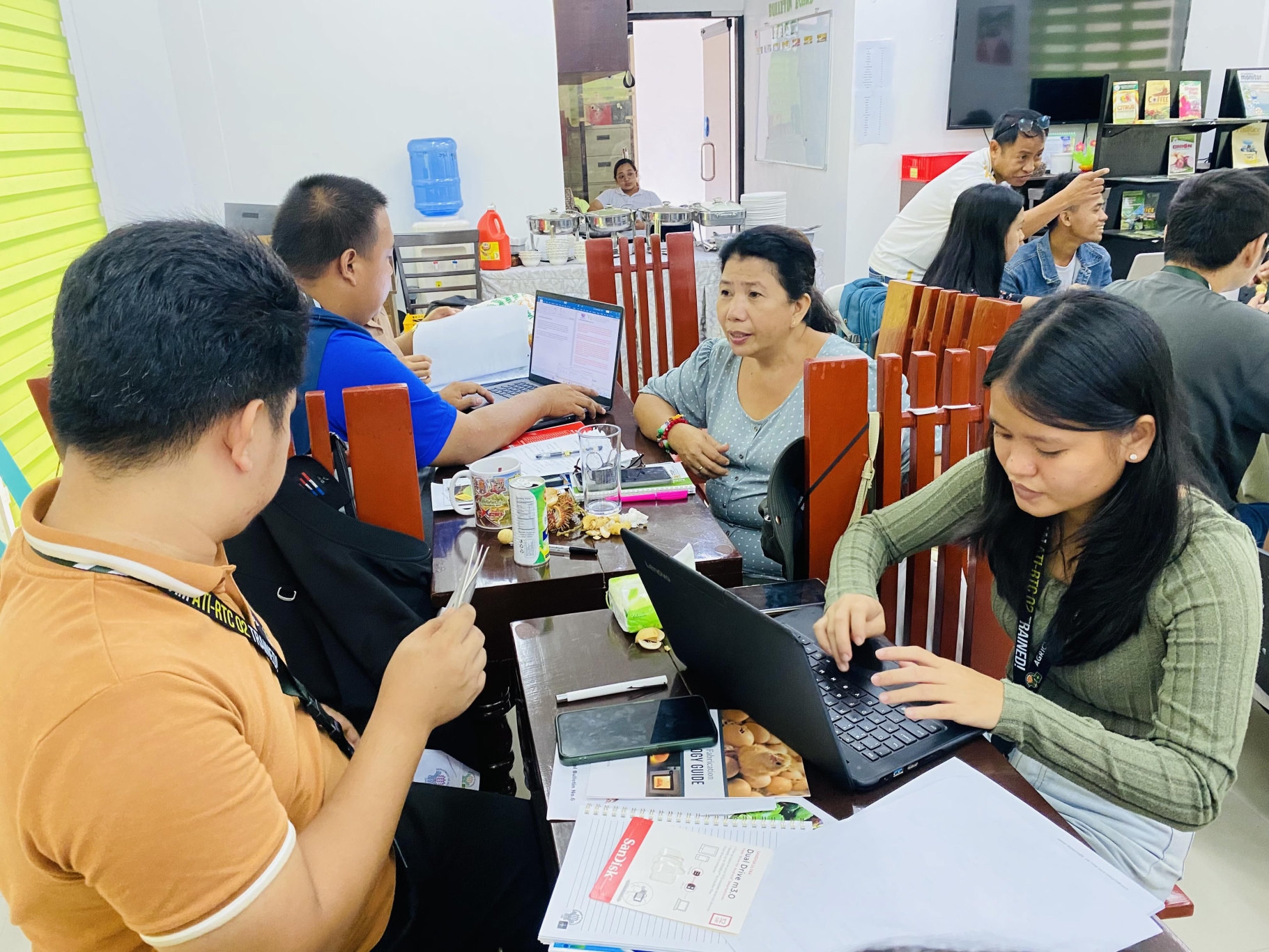
The interns are currently deployed for a 9-month exposure and learning to successful organic agriculture practices at their respective farm partners.
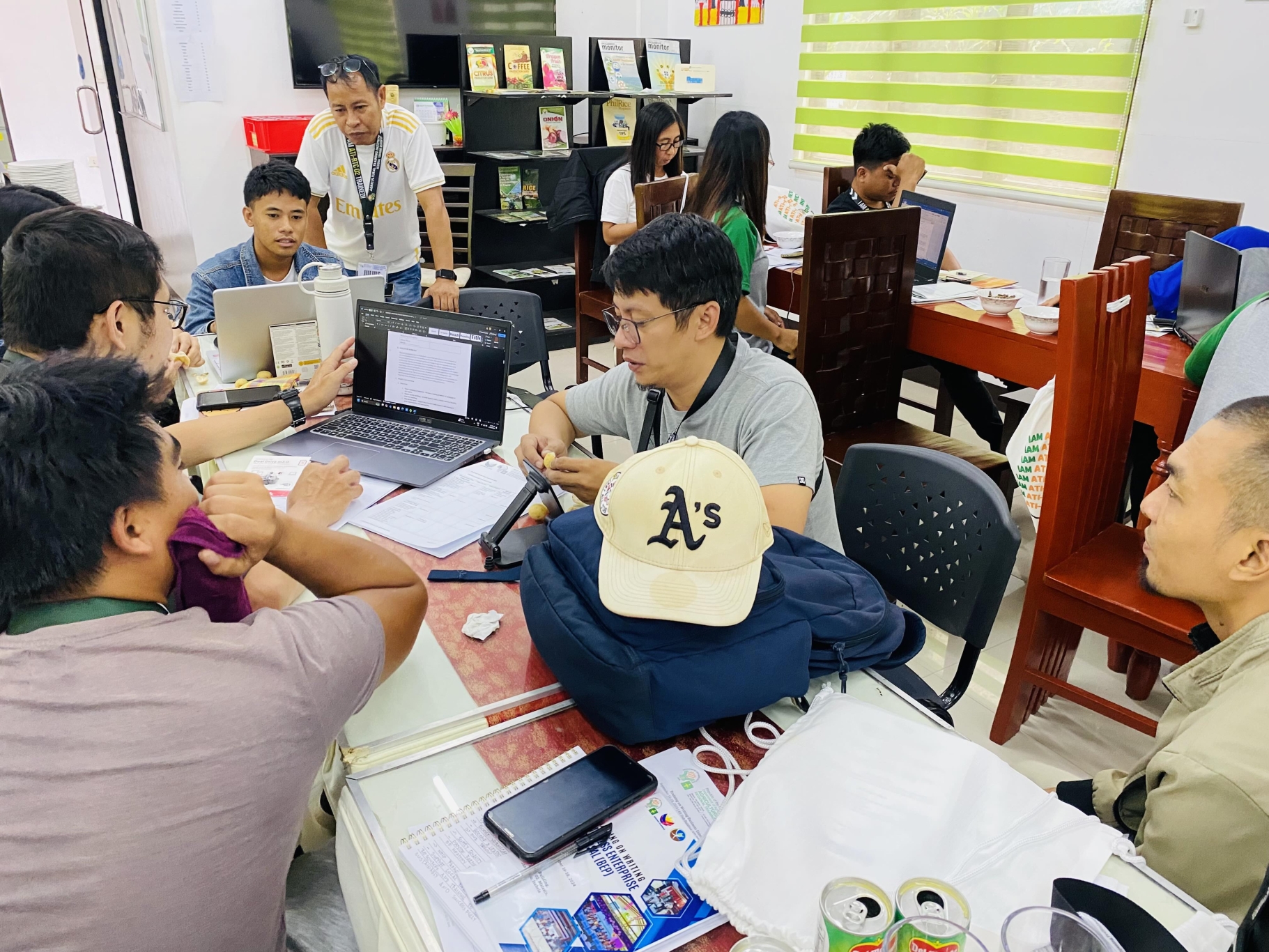
They are also expected to contribute to the attainment of the program goal to promote, propagate, further develop and implement the practice of organic agriculture in the Philippines towards a competitive and sustainable organic agriculture industry that contributes to better farm incomes and sustainable livelihood.
